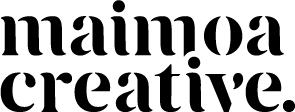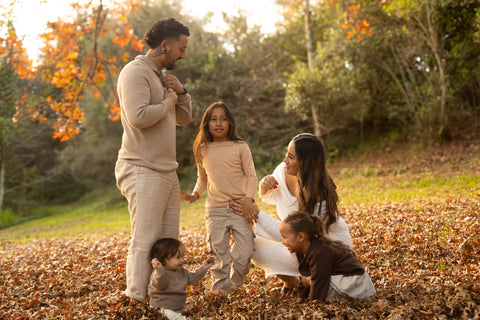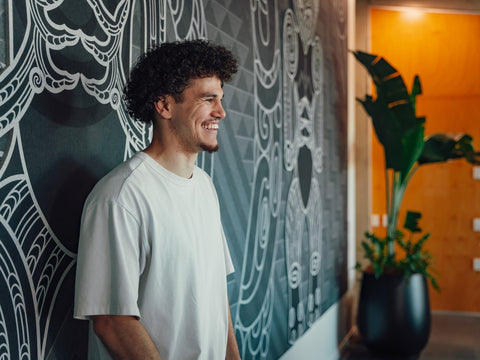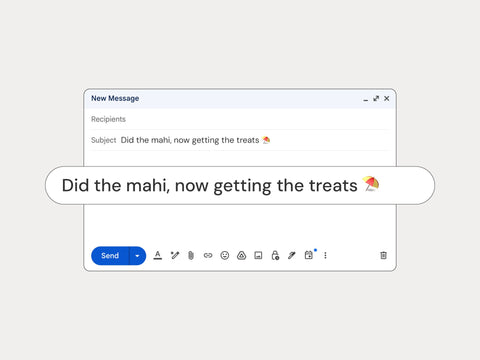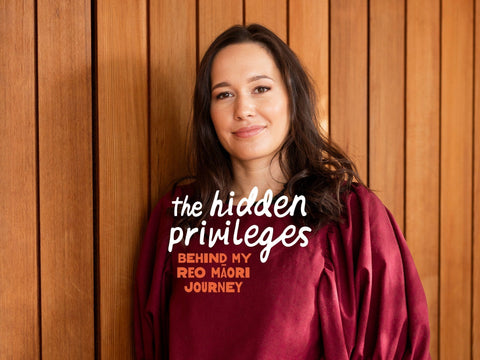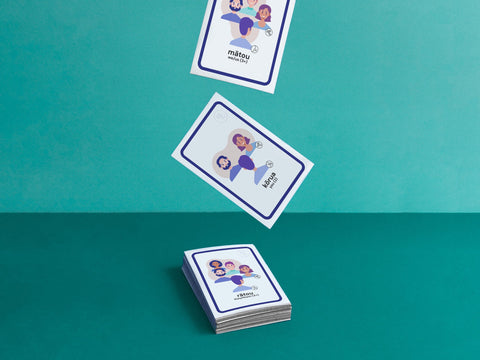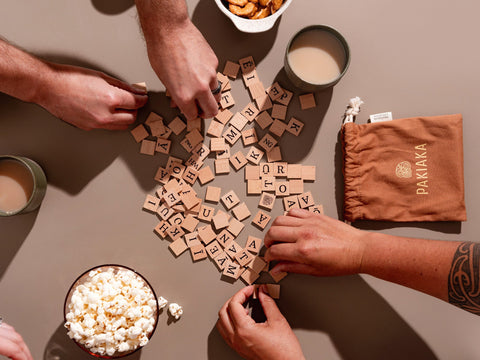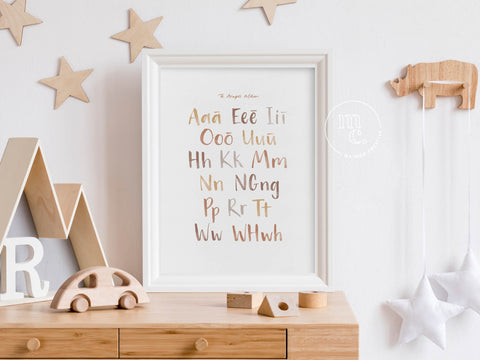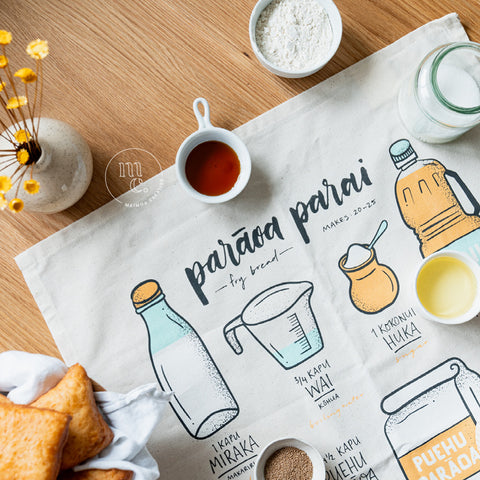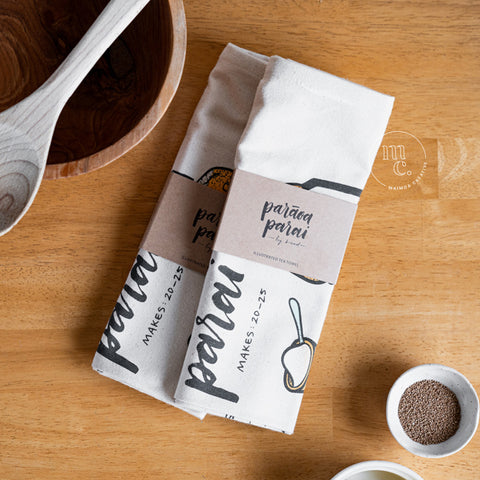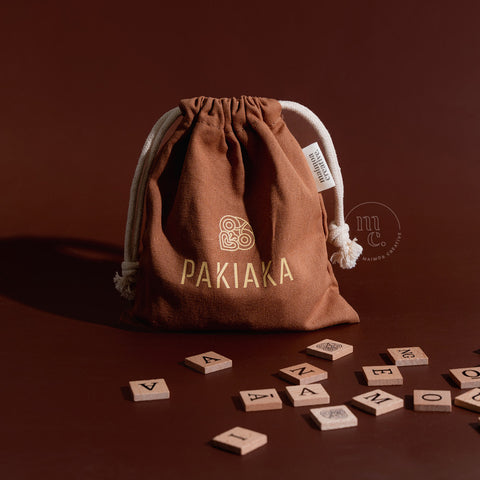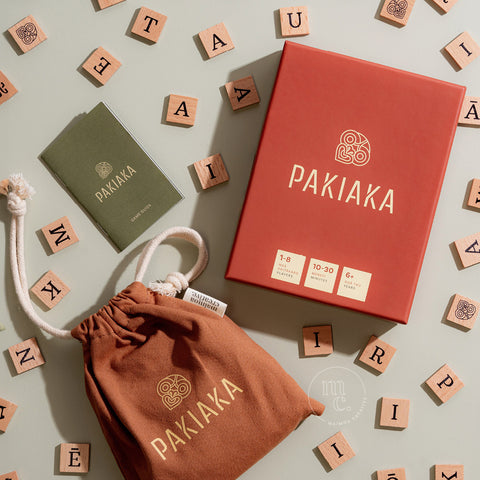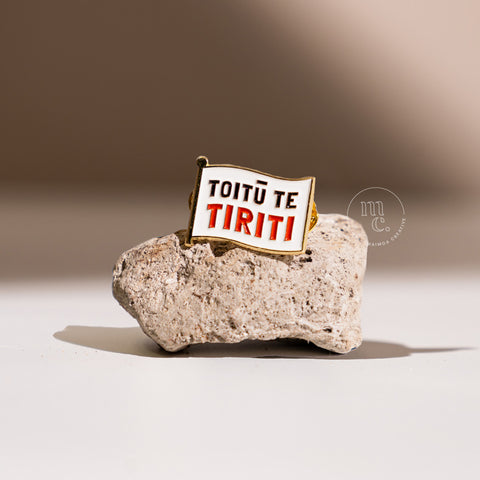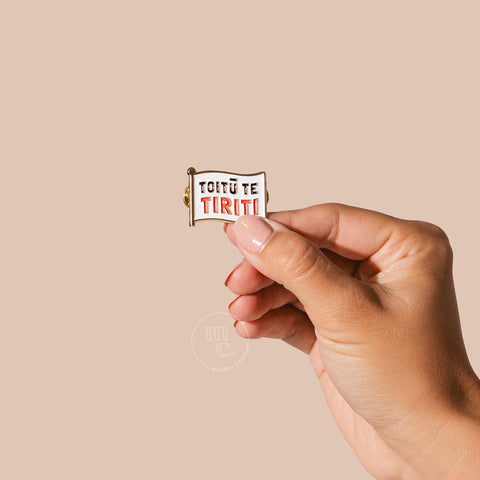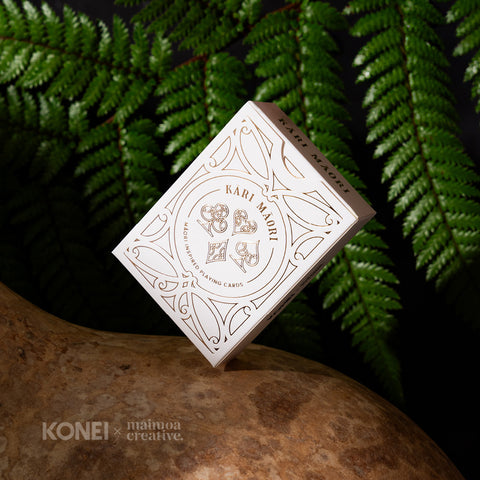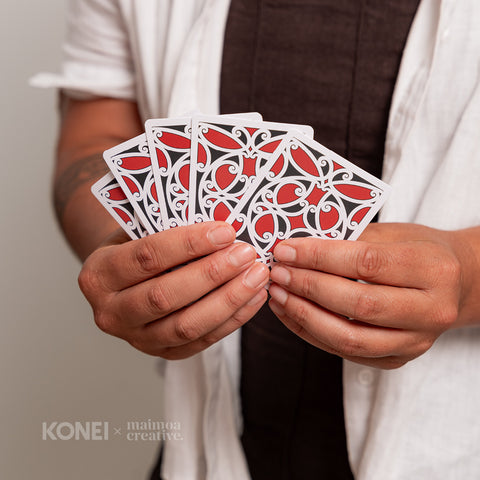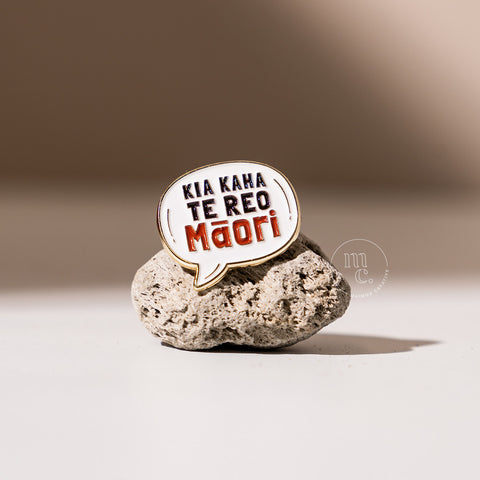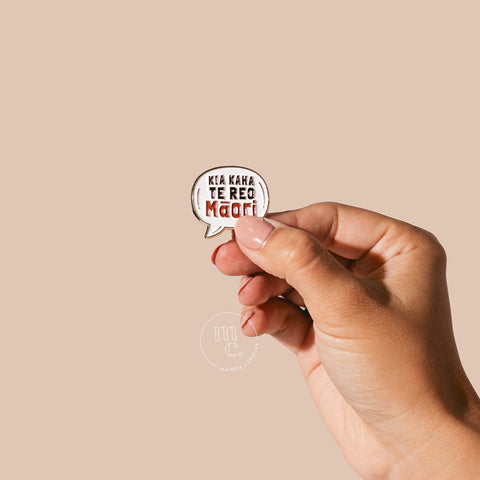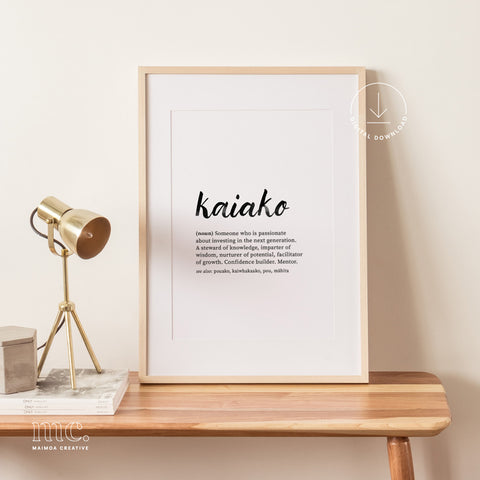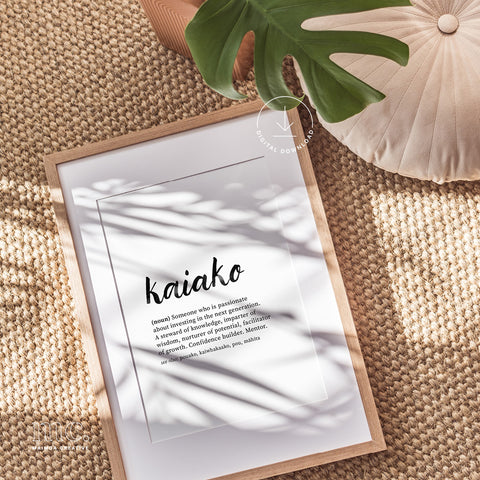Dialect note: Some of the reo used in this article reflects the Waikato-Tainui dialect of the interviewees, which uses double vowels (e.g. Maaori, whaanau) in place of macrons to indicate long vowels.
Neurodiversity is often framed through a deficit lens, defined by what someone lacks or what makes them 'different' from the so-called norm. But within te ao Māori, there’s a growing movement to reframe takiwātanga (Autism), aroreretini (ADHD), and other neurodiverse traits as taonga: unique ways of being that carry their own mana, strengths, and gifts.
We had the privilege of having a kōrero with Jessica Hita (Ngāpuhi, Ngāti Kahu) from Kanorau, a kaupapa-driven pakihi with a goal to "enable whaanau to be self-determining leaders that are navigating the journey of living with takiwaatanga confidently." Here’s what she had to share.

↑ Jessica and Tuhoro with their tamariki 📸 Naia Mackie Photography
The reo we use shapes whakaaro. How significant is the use of kupu like takiwātanga (Autism) and aroreretini (ADHD) in reindigenising how we view neurodiversity?
"He mana too te kupu ne? Te Reo Maaori can be a language of enrichment, especially the kupu that are used to describe and characterise these unique ways of being. They aren’t medical labels, they’re a worldview."
Jess shares that behind these reo Māori terms for autism and ADHD sit "philosophies of how to navigate these journeys in a Maaori way."
Many of us grew up hearing deficit-based labels like 'disorder' or 'delay'. What shift happens when we start reframing these through a te ao Māori lens?
"If we are using kupu like 'disorder', 'disability', or 'deficit', we are disabling our tamariki and categorising them into a box where their mana isn’t respected."
Jess reminds us that the way we talk about neurodiversity has been shaped by outside systems. Too often, we slip into the "medical model trap" that views neurodiversity "from a deficit framework." But in te ao Māori, these ways of being were not seen as deficits. "Our tuupuna never viewed it from that perspective...We’ve just been heavily influenced in the way that we view disability that sometimes our own people believe it. And that doesn’t add any value to you, trust me, our whaanau have been there!"
"When you start framing it from a te ao Maaori perspective, you shift your whole mindset right? It shapes the way you characterise and describe our taonga, which then flows on to how they see themselves, how they talk about themselves and how they show up as people. If we are constantly thinking about what our tamariki can’t do, they’ll grow up believing it - “oh I can never sit still, I can never focus on a task, I can’t make friends" etc. Te Ao Maaori focuses on the strengths of our taonga and respects their mana."
For many Māori whānau, the challenge lies in navigating two worlds: the clinical system that categorises takiwātanga and aroreretini as 'disorders,' and the Māori worldview that sees our tamariki as taonga. Jess mentions that clinicians often get uncomfortable when they hear her say “takiwaatanga is not a disability or disorder,” because medically, it is classified as one. Yet this is where the difference in perspective is so powerful.
“...It’s important to note that for us as Maaori, we don’t just see our tamariki through a medical lens. We see them through whakapapa, wairua, and whaanau. Where the clinical system sees deficit, we see taonga. Where the DSM (Diagnostic and Statistical Manual of Mental Disorders) draws boundaries, tikanga opens doors. So for us, takiwaatanga isn’t about what’s ‘wrong,’ it’s about recognising and nurturing a unique way of being in the world, one that carries value and mana in its own right.”
What advice and resources would you share with whānau who are just beginning their journey of understanding their tamaiti's unique needs, or looking for ongoing support navigating life neurodiversity?
"We have an awesome e-learning module that whaanau can engage in if they would like to learn more about a te ao Maaori worldview of takiwaatanga. You can find it here https://www.kanorau.org.nz/whanau-resource. This whakaaro can apply to all diverse ways of people and taangata whaikaha maaori in general!"

↑ Tuhoro and Jessica presenting at Ngā Kura ā Iwi
What would you say to an adult who’s only just learning about their aroreretini or takiwātanga, and wants to embrace it through a Māori lens?
"Embracing your aroreretini or takiwaatanga as an adult is a very different journey than what our tamariki experience today. For a long time, many of our whaanau carried whakamā around neurodiversity, or saw it as something tapu that wasn’t spoken about. That came from limited knowledge and from systems that treated it as a mental health disorder rather than a way of being. But the shift we’re seeing now is powerful. Whaanau are beginning to reframe neurodiversity not as a deficit, but as an aahuatanga handed down through whakapapa. Through a Maaori lens, your takiwaatanga isn’t something wrong with you, it’s a taonga. It’s your unique way of moving through the world, shaped by wairua, whaanau, and whenua. So instead of asking how to “fix” yourself, the question becomes: how do I live fully and proudly in my own rhythm, while drawing strength from tikanga and reo that affirm who I am?"
It can often be a default to focus on challenges, but what are some 'superpowers' or unique strengths you’ve observed in neurodiverse individuals that deserve to be celebrated?
Jess often celebrates the many beautiful traits of her tama, Te Aurere. Here are some examples she shares: "He is a wairua reader, he can read anybody. When someone is having a rough time, he is always the first one to show aroha through an awhi - tana reo teeraa. He has great short term and long term memory - I like to refer to this characteristic as “the guy with alllll the receipts." And lastly, he has his own reo, his own mita, tana reo motuhake. And although it's not the 'typical' way of communicating, it has been up to us as his whaanau to decode what he’s saying." Anei he tauira (an example): When he says “Gugu, Gaga,” he actually means “I want to go to The Warehouse,” because that’s where they sell the toy phone from Boss Baby. These are the gifts that make him who he is, and they’re worth celebrating."

↑ Launch of Kanorau's pukapuka 'Tōku Takiwā' - a unique bilingual resource aimed at raising awareness and fostering understanding about autism through a Māori lens. 📸 Ake Photography.
What would an inclusive and empowering environment for a neurodiverse tamaiti look like in a kura or home grounded in tikanga Māori?
"It’s a space where their unique rhythm and way of experiencing the world is understood as normal and is valued, not a problem to fix. We need to stop measuring success of our taonga against neurotypical children and there needs to be a shift from standard developmental milestones. It’s not to suggest that we shouldn’t expect our taonga to get there and reach them, it just means that they might do it in their own time and in their own way... their journey is going to be different and that is OK."
"That can sometimes require a lot of unlearning on an adult's behalf because we have an inherent understanding of these things. Maa te moohio ka tau te rongo, maa te maarama ka puta te ao maarama - Through understanding comes peace, through insight comes enlightenment. Knowledge is power, when you understand how takiwaatanga works, you can stop fighting it and start working with it."

↑ You can download their 'takiwātanga' poster, created by Maimoa Creative, from the Kanorau website on a koha basis: kanorau.org.nz/poster-koha-page.
Kupu Hou (Glossary of Terms)
🤔 Not sure what some of these kupu mean? Here’s a quick guide to the reo Māori terms used throughout this article.
- takiwātanga / takiwaatanga – Autism (from tōna anō takiwā – “in their own time/space”)
- aroreretini – ADHD (“attention goes to many things”)
- tāngata whaikaha / taangata whaikaha – people with different abilities and strengths (strength-based kupu for people with disabilities)
- awhi – hug
- whānau / whaanau – family, extended family network
- whakapapa – genealogy, lineage, ancestry
- wairua – spirit, soul, essence
- whakaaro – thoughts, ideas, perspective
- mana – prestige, authority, spiritual power, inherent value
- taonga – treasure, something precious
- kaupapa – purpose, guiding principle, initiative
- kura – school
- tikanga Māori / tikanga Maaori – Māori customs, practices, cultural values
- whakamā / whakamaa – embarrassment, shame, self-consciousness
- āhuatanga / aahuatanga – characteristic, quality, way of being
- mātauranga / maatauranga – knowledge, wisdom, understanding
- mita – dialect, accent, style of speech
- motuhake – special, distinct, independent
